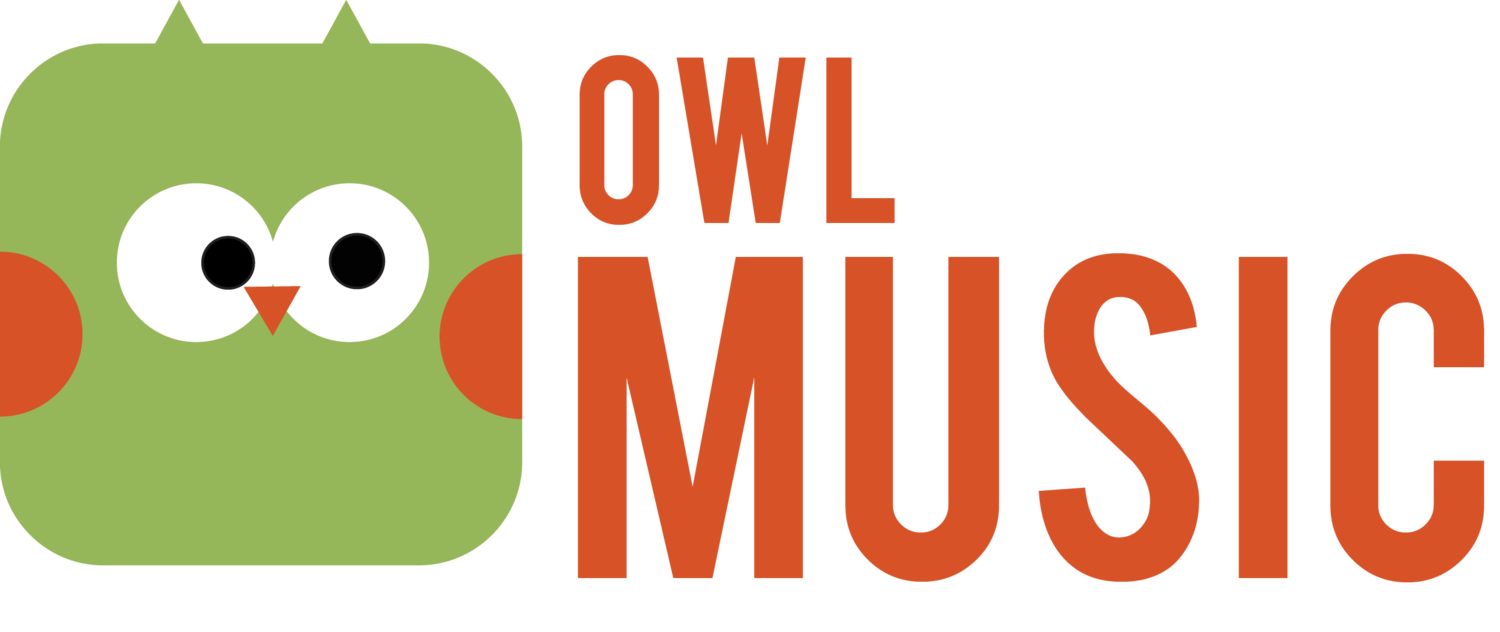The schools where I work closed on March 12, a date that seems to come from ancient history. I taught my last class on March 11, thinking with a naiveté that now appears laughable to me that we’d be back in the classroom in a couple of weeks.
Since then, rather than lead groups in rehearsals, I teach my students online in half hour lessons—as many as I can fit into a week. Live group rehearsals, because they require precise synchronization, just don’t work on Zoom. The only way to continue working with my students was in online private lessons. It’s been a very busy two months, with about 60 lessons per week, and by the time Friday evening arrives and I finish my last lesson at 5:30, my mind is exhausted, not able to form a coherent thought until Saturday morning.
Still, it’s been a great experience, one that has peeled away some of my innocent notions about schooling. Working with my students on Zoom, one at a time, me at the computer in my home office and they in the comfort of their own homes, I began to see my students and indeed school itself in a new light. I saw that what had seemed impossible or invisible in class was really not so.
(A darkly fascinating aside, more than half of my students’ parents went totally incommunicado during the pandemic and school closure, not responding to any communications from me. It saddens me to think that I wasn’t able to help these students and makes me wonder what happened to their families.)
In one-on-one lessons, I saw my heretofore struggling student who seemed to understand nothing that I taught in class, and who seemed more interested in poking his neighbor, suddenly make real progress as we worked together on Zoom. I saw my hyper talkative student whose mind always seemed to be elsewhere in band class come across as calm and collected at home. I saw a student who seemed embarrassed to play her instrument in school come out of her shell at home and put a lot of feeling into her playing. I saw a student who seemed so withdrawn and confused in class make astonishing progress from her kitchen.
I saw that the students are different at home than they are at school, far different. School changes kids’ behavior, and school itself may be be a barrier to learning.
I began each online lesson with a question that has nothing to do with music: “What do you miss most about school?” It was meant as a way to make small talk, but the answers were so revealing.
Here are my students’ leading responses, in fact, the only two that were statistically significant.
Seeing my friends
Recess
One student mentioned his art class, but he was the only one to vote for anything other than seeing friends and recess.. It seems the only thing students miss about school is the social life.
That can’t be a good sign.
The barriers to learning that afflict many students come exactly from that social environment. At school, students are focused on what their peers are doing, and we teachers fade into a Charlie Brown “wah, wah, wah.” It seems kind of naive to think that you can stuff a bunch of kids into a limited space for six hours a day and hope that they will focus on learning. Even adults would lose the thread.

